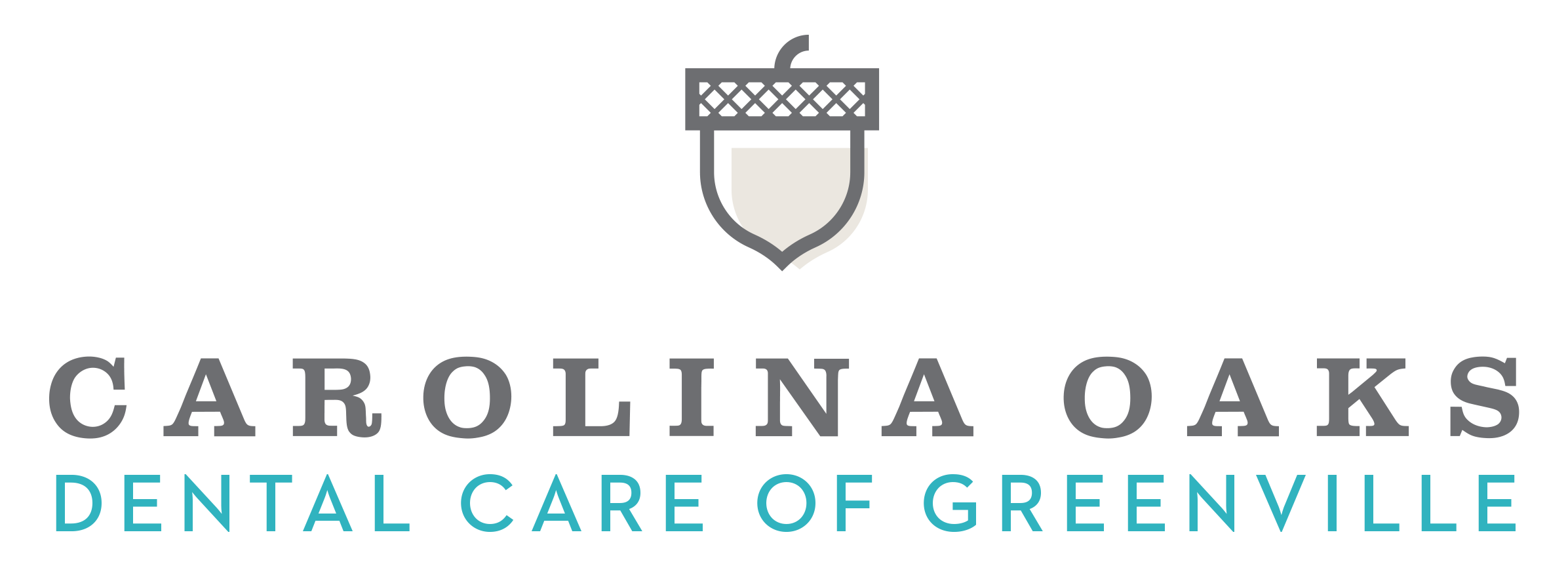If you’ve lost teeth, you know it can affect the quality of your life. Traditional dentures and partial dentures are certainly better than nothing, but they have plenty of downsides. In the past thirty years or so, dental implants have revolutionized the business of replacing lost teeth. If you or someone you know wears conventional dentures, it’s time to take a close look at dental implants. They have several benefits over conventional dentures, which add up to a better overall enjoyment of life.
Are you interested in learning more about dental implants in Greenville, SC? Contact Carolina Oaks Dental Care and we’ll help you understand your options. Call us today at 864-235-3949 for an appointment with Dr. Mark Workman or Dr. Susan Maxwell.
1. Comfort and Stability
Possibly the most noteworthy benefit of implant prosthetics is the fact that they feel and act more like natural teeth. Because the titanium bases are firmly implanted in the jaw, and fuse with the jaw bone, they form a solid foundation for prosthetic teeth. This means they are as stable as natural teeth, and don’t slip loose when you are eating. Implant dentures are securely attached, so they don’t come out until you remove them for cleaning.
They are also more comfortable in the mouth because they are always a perfect fit. Traditional dentures may fit well at first, but as your body slowly loses bone tissue (an inevitable effect of losing teeth), the dimensions of your mouth will change. This leaves you with dentures that slowly fit worse and worse, and need to be relined frequently. With dental implants, jawbone deterioration is eliminated from the equation entirely.
2. Appearance
With a better fit comes the ability to eat and smile comfortably among others without worrying that your dentures may slip loose. Perhaps more importantly, dental implants prevent the diminishing jaw effect that comes with traditional dentures. If you’ve ever known someone who has worn dentures long-term, you’ve probably noticed how the lower jaw shrinks slowly over time. This is one of the most visible signs of aging and it alters your appearance immensely. Dental implants let you maintain your face’s natural appearance, so you can keep looking like you.
3. Access to Healthy Foods
Simply put, because they are more comfortable and more firmly rooted in the jaw, implant-based dentures allow you to eat a broader range of foods. With traditional prosthetics, it’s not just the slipping loose that prevents you from eating the same foods you can eat with natural teeth; it’s also the gum irritation. Poorly fitting dentures rub against gum tissue and can make eating a painful experience. As we age, we tend to eat less overall, so the quality of our diet needs to be considered. If conventional dentures make eating unpleasant at all, it can stop us from getting the nutrition we need. Because implant dentures are more stable and comfortable, all dietary options are possible.
4. Versatility
One of the best things about implant-based prosthetics is the fact that they allow for versatile restorations. A single tooth can be restored with one implant and crown, a partial or bridge can be formed with two, or a whole arch of dentures can be attached to just four implants. This also means that more healthy teeth can be preserved, as restorations can be more conservative when they are firmly rooted in the jaw. Implant dentures can also be attached permanently, which may be preferable for patients who cannot take care of themselves independently or are more prone to losing their dentures.
5. Fewer Trips to The Dentist
While the up-front commitment of implant dentures may be more involved than that of traditional prosthetics, the payoff is years of continuous use. Most patients will need fewer trips to dentist, as no relining or refitting will be needed, and they will have fewer painful problems that need attention.
Are you interested in learning more about dental implants in Greenville, SC? Contact Carolina Oaks Dental Care and we’ll help you understand your options. Call us today at 864-235-3949 for an appointment with Dr. Mark Workman or Dr. Susan Maxwell.


